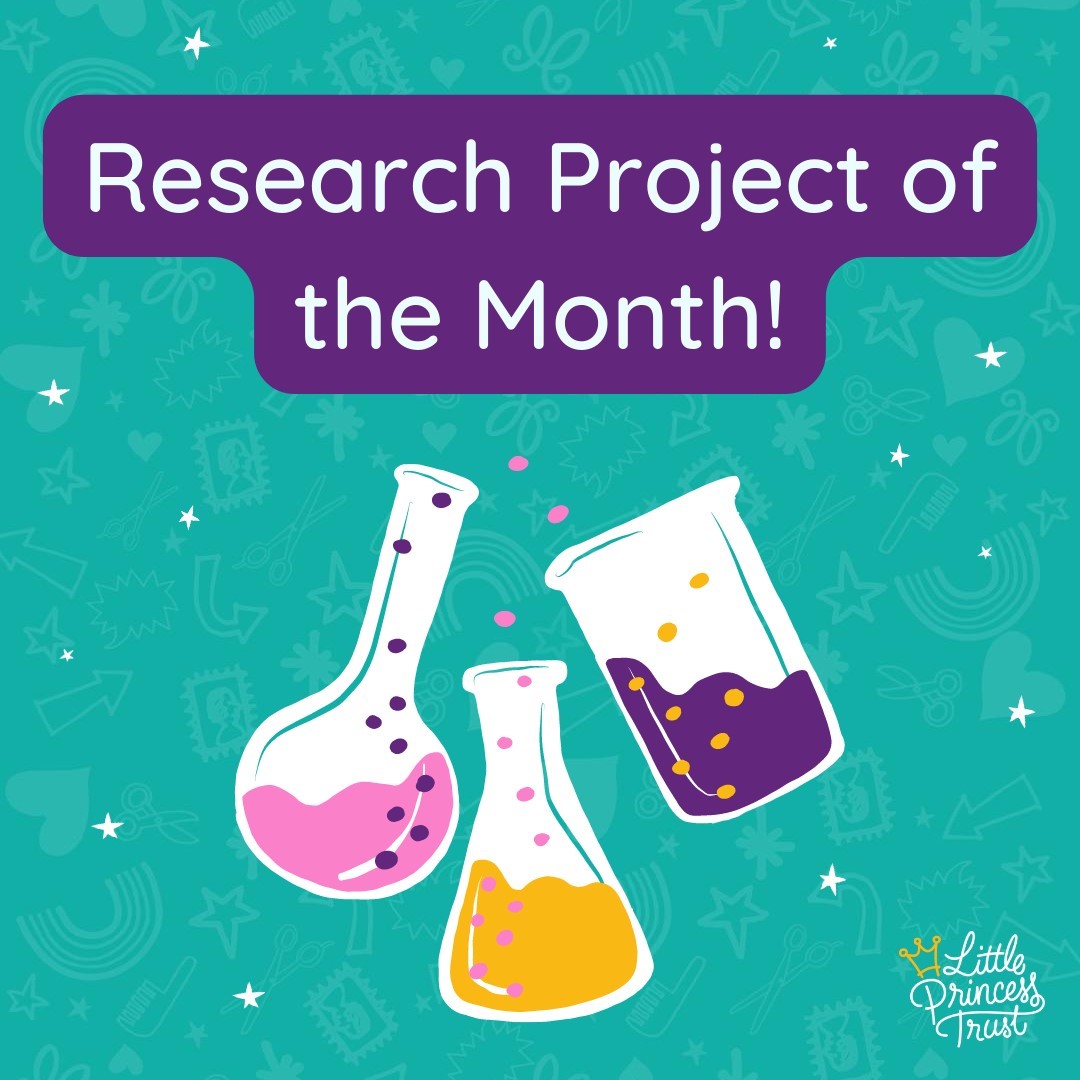Little Princess Trust News
Putting chemotherapy medicine in 'toothpaste form'

Exciting project looks at new way to treat brain tumours
Childhood brain tumours can be really difficult to treat, because they are in a very important place – the brain.
Doctors have to be careful to not damage the brain, and also have to work around the body’s own defences.
Around the brain is a special barrier that only lets some things through, like sugar and water, and blocks other things, like medicines and bacteria.
This helps protect your brain from lots of day to day dangers. But what if you need to get medicine into the brain?

That’s what Dr Ruman Rahman has been working on. Because chemotherapy medicines given through the blood don’t always reach the brain, he has developed a chemotherapy medicine that can be applied directly to the brain during surgery.
This medicine is in a paste, like toothpaste, and could help make sure there aren’t any cancer cells left after the tumour has been removed.
In this LPT-funded project, Ruman is working on the paste in the lab to make sure that his treatment is the best it can be.
He’s putting it through lots of tests, like checking it works on different types of cancer cells and testing 80 chemotherapy medicines to see which is best to add to the paste.
So far, he has found two medicines that are good at fighting medulloblastoma and atypical teratoid rhabdoid tumours and is ready to test these medicines further in the coming year.

He’s also found out how brain cancer cells interact with healthy brain cells, which is really important to cancer survival after surgery. This could help find new medicines to treat brain tumours.
If this project is successful, Ruman hopes to have found enough evidence for his paste treatment that it could start to be testing in a clinical trial, where it could help real patients.
To read more about the project, click here.



